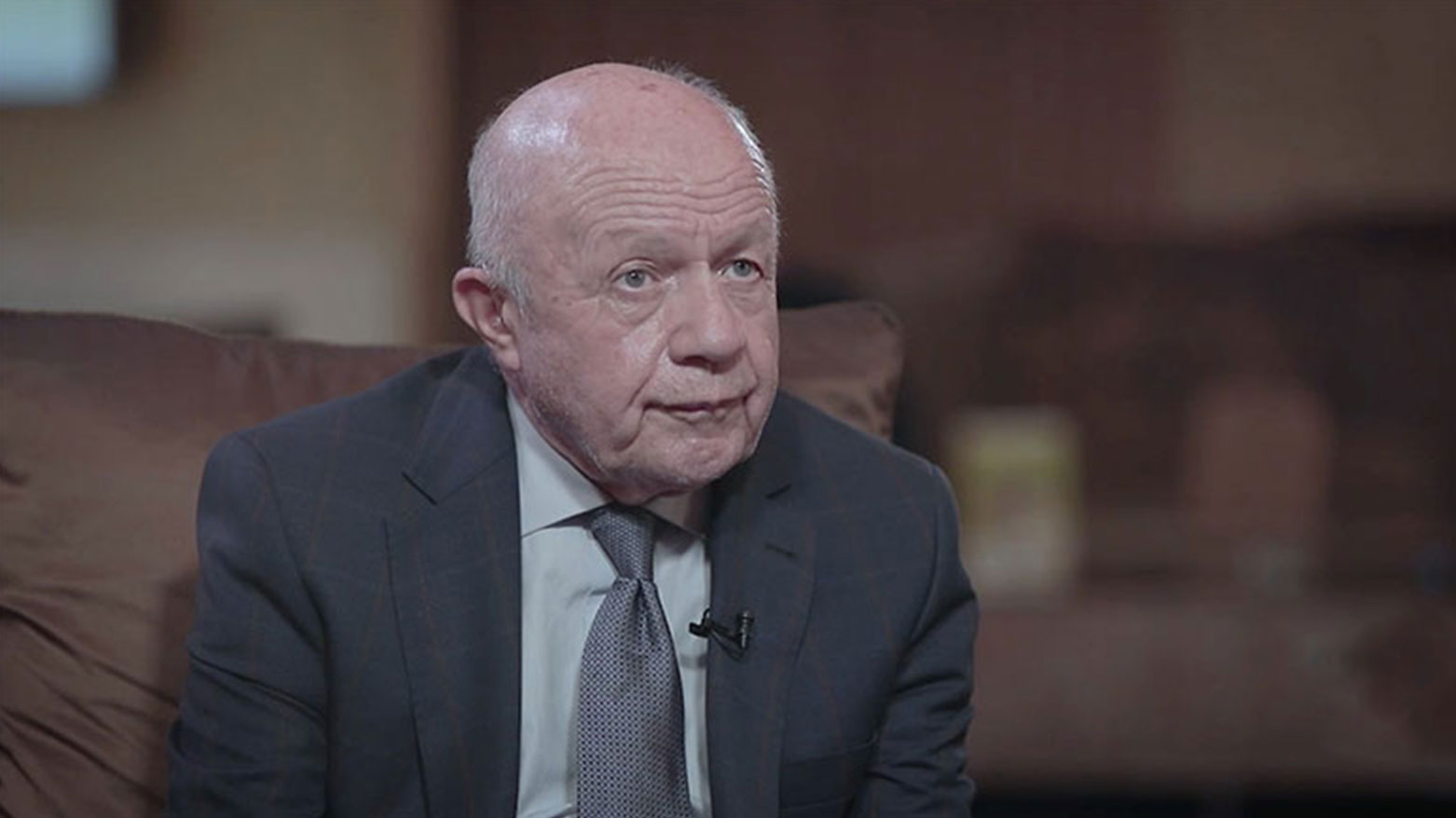Conference in Stockholm Honors İsmail Beşikçi’s Lifelong Advocacy for Kurdish Rights
“Beşikçi has dedicated most of his life to the Kurdish cause, history, and culture, enduring 20 years of torture simply to defend Kurdish rights,” Cewerî said.

ERBIL (Kurdistan24) — A major conference honoring İsmail Beşikçi, a renowned Turkish sociologist and longtime advocate for Kurdish rights, was held in Stockholm. The event drew academics, writers, and intellectuals from all four parts of Kurdistan.
Organized with the aim of highlighting Beşikçi’s profound impact on Kurdish political and cultural discourse, the conference was structured into three sessions. The first focused on the forced displacement of Kurds in 1961, the second on the influence of Beşikçi’s extensive writings, and the third on the life and legacy of Beşikçi himself, according to Kurdistan24.
Kurdish author and intellectual Firat Cewerî, speaking to Kurdistan24, emphasized the sacrifices Beşikçi has made to support the Kurdish cause. “Beşikçi has dedicated most of his life to the Kurdish cause, history, and culture, enduring 20 years of torture simply to defend Kurdish rights,” Cewerî said. “He encouraged Kurds to fight for their rights and preserve their language, although unfortunately, life circumstances never allowed him to learn Kurdish himself.”
Cewerî also recalled a moment when efforts were made to honor Beşikçi through an award. “A few years ago, while we were at the Swedish Refugee Commission, we wanted to present an award to him. But the head of the International Refugee Commission told us Beşikçi would not accept it,” he said, highlighting Beşikçi’s humility and principled stance.
Beşikçi’s scholarly work and moral commitment to justice have long influenced both Kurdish and Turkish intellectual circles. His fearless documentation of Kurdish struggles under various regimes in the Middle East has earned him widespread respect — and years of imprisonment in Turkey.
The Stockholm conference served not only as a tribute to Beşikçi’s resilience and intellectual contributions but also as a broader reflection on the ongoing challenges facing the Kurdish people.
